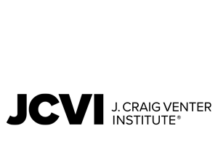 El Niño, an oceanic phenomenon that affects worldwide weather patterns, significantly affected the number of enslaved Africans transported from West Africa to the Americas between the mid-1600s and mid-1800s, according to an interesting new study from the University of California, Davis.
El Niño, an oceanic phenomenon that affects worldwide weather patterns, significantly affected the number of enslaved Africans transported from West Africa to the Americas between the mid-1600s and mid-1800s, according to an interesting new study from the University of California, Davis.
The study found that El Niño can be used as a proxy — much like tree rings and corals — for historical rainfall and temperature patterns in West Africa. During El Niño, West Africa experiences drier conditions. The authors found that drier conditions are associated with a decrease in the number of enslaved people brought to the Americas, and it happened at a two-year lag. The lag is important, showing that El Niño-induced drier conditions caused a delayed response in the slave trade.
The authors suggest that agricultural stresses may have reduced the demand for slaves during droughts, resulting in the decrease of enslaved peoples transported from Africa. They note, however, that sociological studies are needed to fully understand how West African societies responded to drought during the slave trade.
The full study, El Niño–Southern Oscillation and the Transatlantic Slave Trade,” was published on the website of the journal Weather, Climate and Society, a publication of the American Meteorological Society









